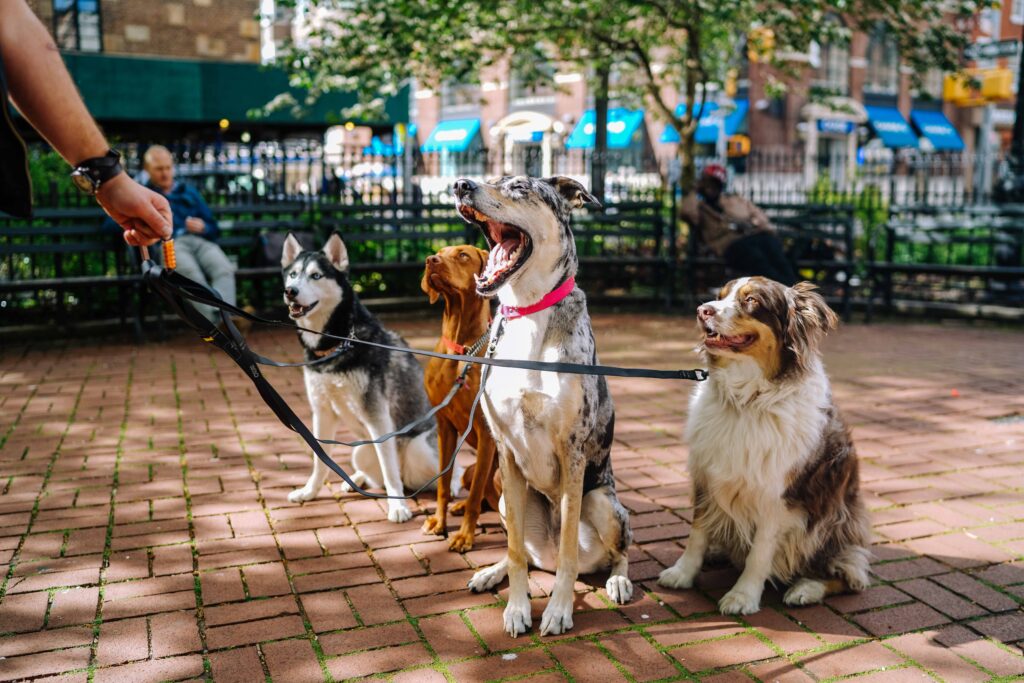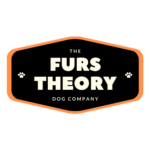
If you’re a dog owner in Kuala Lumpur, it’s important to know that obtaining a dog license is a legal requirement and a crucial step toward responsible pet ownership. Failure to obtain a dog license can result in legal consequences from Kuala Lumpur City Hall (DBKL). Additionally, if your pet went missing, it is easier to find them if they have a dog license.
In this blog post, we will guide you through the step-by-step process of applying for a dog license in Kuala Lumpur, highlighting the necessary documents and fees. Other than that, we will also discuss the responsibilities that come with owning a dog and the benefits of obtaining a license. So, if you’re a dog owner in Kuala Lumpur, read on to learn more about why obtaining a dog license is important for you and your furry friend.
What is a dog license?
A dog license is a legal document or permit that identifies a dog and its owner. It is a way for the government to regulate and monitor dogs in a specific area or region.
The license includes the following information about the dog:
1) owner’s name,
2) address,
3) breed,
4) age,
5) color, and
6) microchip number.
The law stated dog owners must apply and renew their dogs’ license annually. The fee for the annual dog license is RM10 per year.
IMPORTANT! As of April 2023, online payment is not available and you must make payment over the counter at DBKL Pest Control Unit Counter in Kuala Lumpur. Click this link for the Google map to the counter.
Is my dog allowed to apply for a dog license?
In Malaysia, dog ownership is governed by a law calls “undang-undang kecil pelesenan anjing dan rumah pembiakan anjing (WPKL) 1991 (Pindaan) 2011” or simply UUK.
UUK categorizes dogs under supervised dogs, controlled dogs, and restricted dogs based on their breeds.
Supervised dogs
According to DBKL’s official website, these are supervised dogs listed under UUK 2(c):
- Rottweiller
- Dobberman
- German Shepard / Alsatian including Belgian Shepard dan East European Shepard
- Bull Mastiff
- Bull Terrier
- Canary Dog
It is your responsibility to ensure the dog is under supervision at all times if you have a controlled dog. To achieve this, the dogs must always be on a leash whenever they leave the premises.
Other than that, you must lock the premise at all times to further enhance the safety of the public. Additionally, you must have a sign displaying “BEWARE OF DOG” placed to alert the public to the presence of dogs on the premises.
Prohibited dogs
UUK 2(d) prohibits you from keeping, maintaining, caring for, or possessing any prohibited breeds for any reason.
Schedule III of UUK 2(d) lists the following dog breeds as a prohibited breed:
- Pit Bull Terrier / Pit Bull
- American Bulldog
- Neapolitan Mastiff
- Japanese Tosa
- Akita
- Dogo Argentino
- Fila Braziliero
DBKL is responsible for seizing and disposing of any prohibited breed of dog found on any premises or in public.
